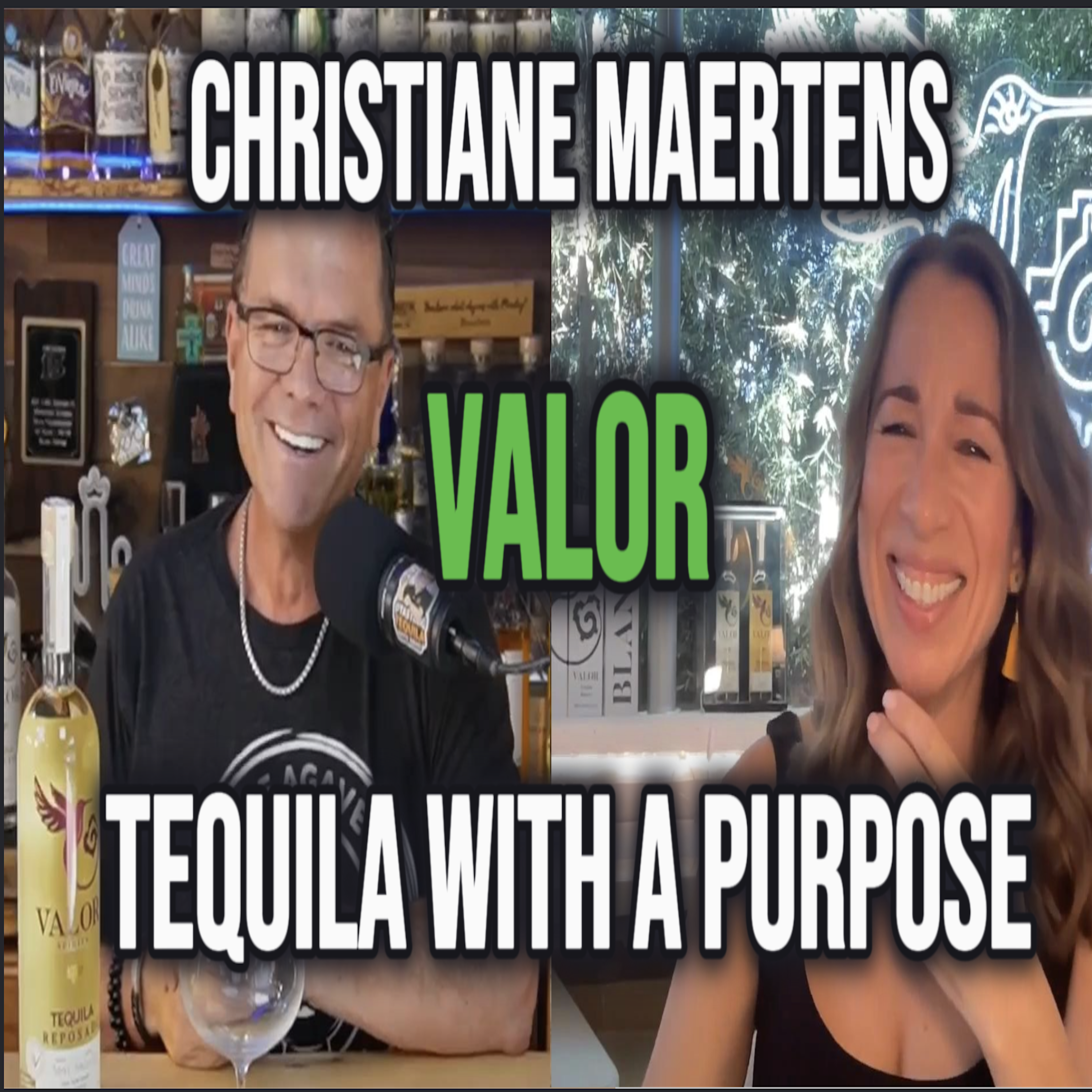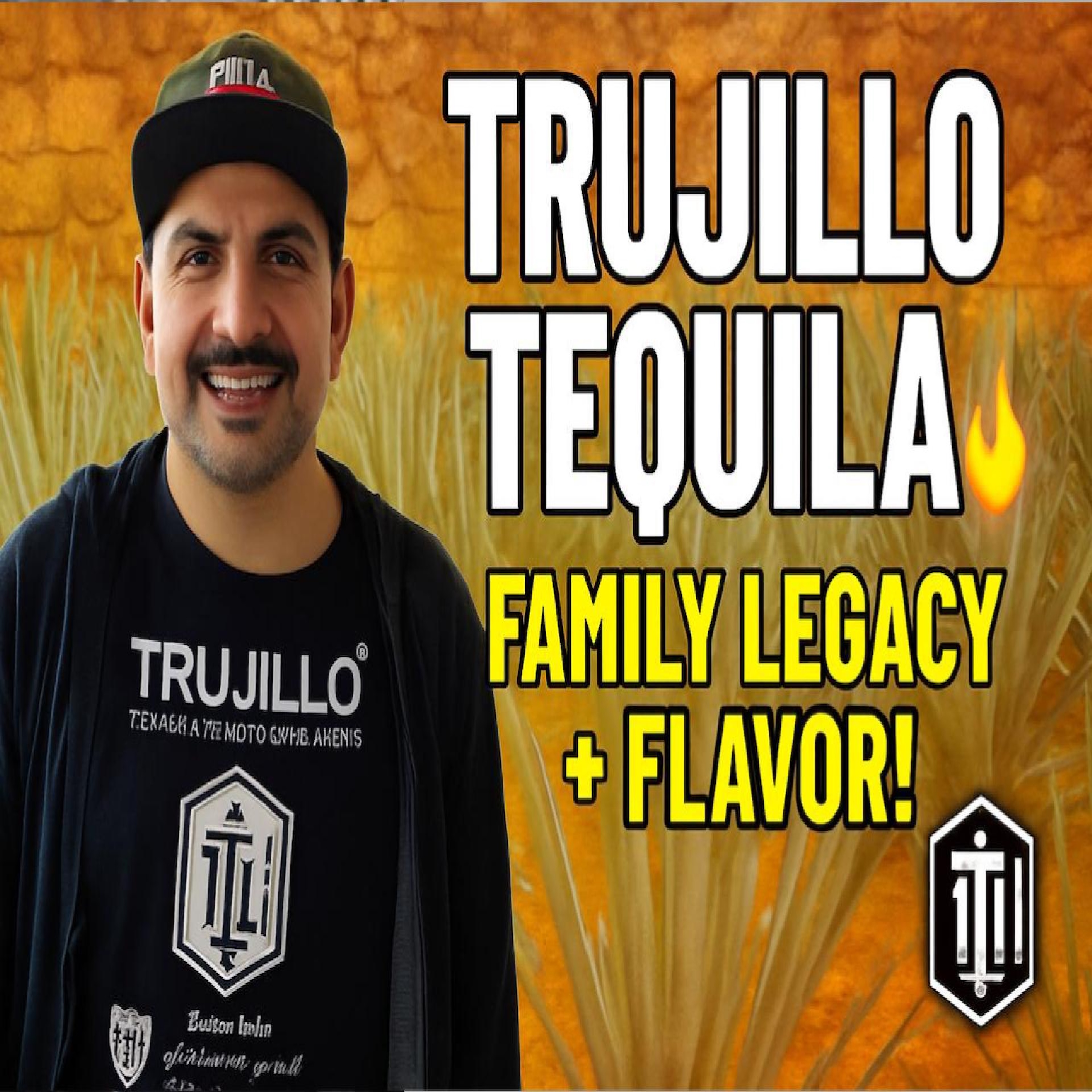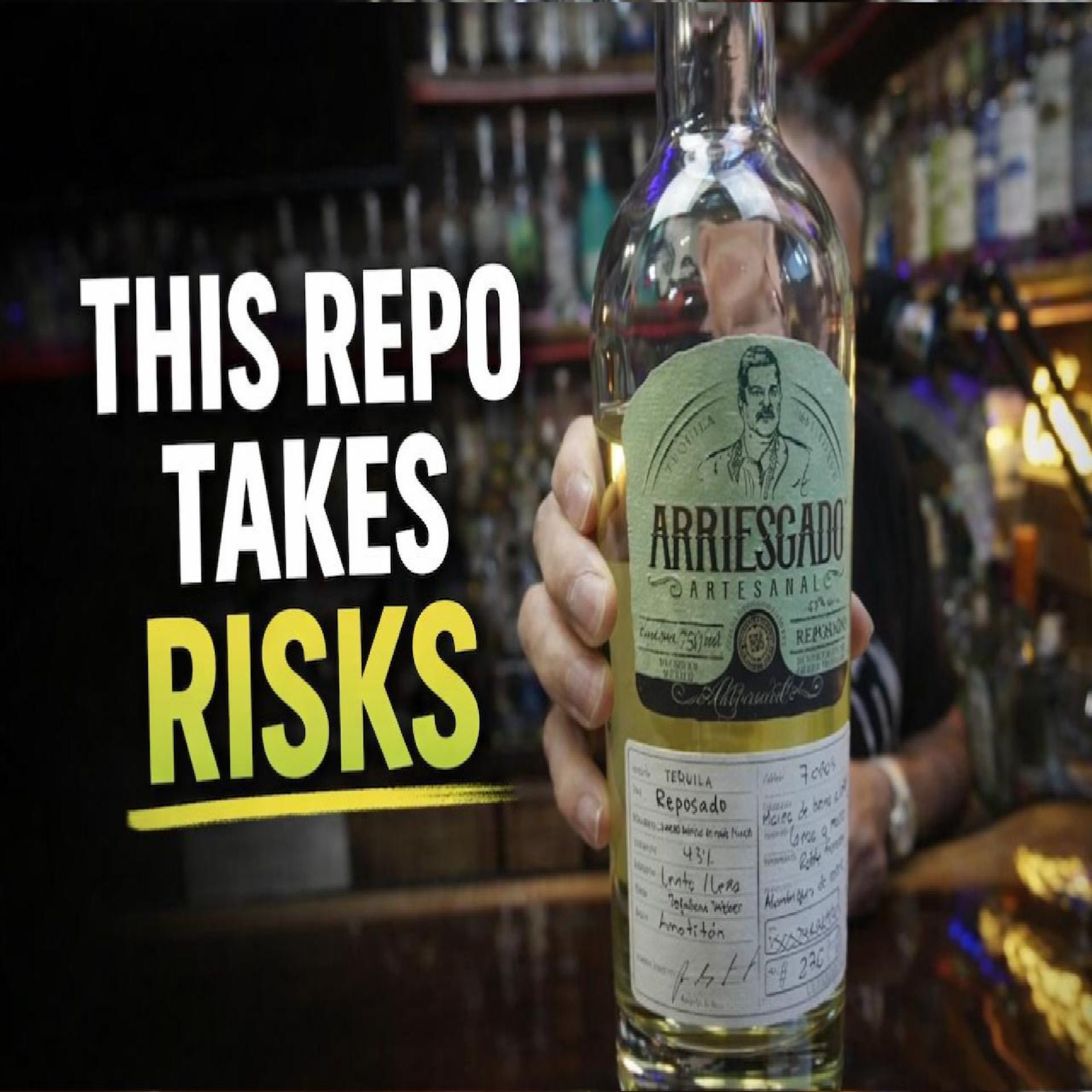Prolijo Mezcal Pechuga “Día de Los Muertos” is a spirit with soul — literally. Crafted in Etla, Oaxaca, by Maestro Mezcalero Óscar Ramírez Santiago, this limited 600-liter batch captures the true spirit of Día de Los Muertos. In this Tasting Tequila with Brad review, we dive into the story, process, and tasting experience of this small-batch masterpiece.
What Makes It Special: • Distilled with altar fruit, Mole Negro spices & 3 chicken breasts above the still • 48% ABV / 96 proof — Espadín agave aged 8–10 years • Only ~800 bottles made worldwide • Crafted in Etla, Oaxaca, by Óscar Ramírez Santiago • Symbolic of ancestral connection and Oaxacan culture
Tasting Notes: Aromas of roasted agave, dark chocolate, and spice. Flavors of baked fruit, umami, cacao, and smoky warmth. Finish: Long, complex, and soulful — truly a mezcal worth remembering.
If you’re looking for authentic mezcal that tells a story, this is it. Watch till the end for my full tasting notes and verdict! Comment: Have you ever tried a Pechuga mezcal?
#TastingTequilaWithBrad | Educating Palates. Celebrating Craft. Honoring Tradition.
#ProlijoMezcal #DiaDeLosMuertos #PechugaMezcal #TastingTequilaWithBrad #MezcalReview #OaxacanMezcal #AgaveSpirits #LimitedEditionMezcal #MezcalMadeForTheDead #TraditionalMezcal #EspadinAgave #CraftSpirits #BradNiccum #MexicanHeritage #MezcalLovers

Christiane Maertens of VALOR Tequila joins me to talk tequila with a purpose, the Gente Buena Foundation, the Good Agave Pledge, additive-free tequila, tasting...

Trujillo Tequila, Trujillo Tequila, Trujillo Tequila! Brad from Tasting Tequila sits down with Juan Manuel Trujillo to explore Trujillo Tequila’s rich family legacy, traditional...

This Tequila Arriesgado Reposado review dives into a reposado that takes risks. Aged in French oak and rooted in tradition, this tequila puts agave...